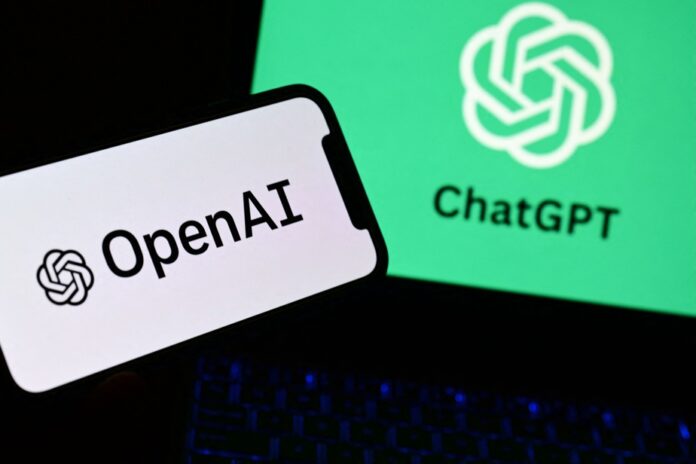(Washington) A year after the launch of ChatGPT, the artificial intelligence revolution is underway, but the recent crisis at its designer OpenAI leaves little doubt that the behemoths of the technology sector are in charge.
The revelation on November 30, 2022 of the possibilities offered by ChatGPT was in a way the revenge of the “geeks”, these researchers and engineers who were discreetly building so-called generative artificial intelligence behind the scenes.
As users discovered the ability to generate poems or recipes in seconds with this new tool, ChatGPT became the most rapidly adopted app in history – before being subsequently dethroned by Threads, the social network launched by Meta in response to X.
A success which owes a lot to Sam Altman, 38-year-old boss of OpenAI and until now little known outside the technology sector, but who finds himself propelled to the forefront. This former student at the prestigious American University of Stanford – which he abandoned before graduating – has become a sort of philosopher king of artificial intelligence (AI), consulted by leaders and decision-makers around the world.
With AI, “your job is to make and sell things you can’t get your hands on,” analyzes American historian Margaret O’Mara, author of The Code, a history of Silicon Valley. “Having a figurehead who can explain it, especially when it’s cutting-edge technology, is really important. »
Altman’s devotion to AI has at times seemed almost religious. Proponents of OpenAI believe that the world will be a safer place if they have the freedom (and capital) to build artificial general intelligence, which would have the same learning capabilities as the human brain.
But this sacred mission comes at a cost: OpenAI had to join forces with the giant Microsoft, which promised 17.7 billion Canadian dollars in investments. To justify them, Altman reoriented OpenAI on a lucrative trajectory, which finally pushed part of the board of directors to revolt a few days ago, convinced that it is better to keep the powers of the money.
There is “religious fundamentalism at play here,” comments investor Dave Morin in a podcast for the specialized site The Information.
Unceremoniously fired from OpenAI, Altman was reinstated five days later. Microsoft came to the rescue, and OpenAI employees also lent their support, believing that the commercial future of their company was more important than philosophical discussions about how AI should or should not be used.
The question about the benefits or dangers of AI has actually continued to be asked. Elon Musk, the billionaire entrepreneur behind Tesla cars, SpaceX rockets and the social network increasingly crowded market.
Google, Meta and Amazon have all promised to include AI in their products and invested in specialized start-ups. In all sectors now, companies are launching to try AI. “It’s about being able to widely disseminate the benefits of AI to everyone,” Microsoft CEO Satya Nadella said this month.
But attempts at integration remain cautious, partly due to fears that robots will hallucinate and produce false, absurd or offensive content. The rush towards AI also raises fears of dangers for society such as the extinction of humanity, massive job losses and large-scale disinformation.
Whatever the future of AI, it won’t happen without tech giants like Microsoft, which could secure a position on OpenAI’s board in the wake of the recent crisis.
The next chapter for artificial intelligence also likely won’t be written without Nvidia, the maker of a secret ingredient: the graphics processing unit (GPU), a powerful computer chip essential for training AI .
Behemoths, young companies or researchers, everyone must get their hands on these chips made in Taiwan, which are both expensive and difficult to find. And here again, technological giants like Microsoft, Amazon or Google are on the front line.















